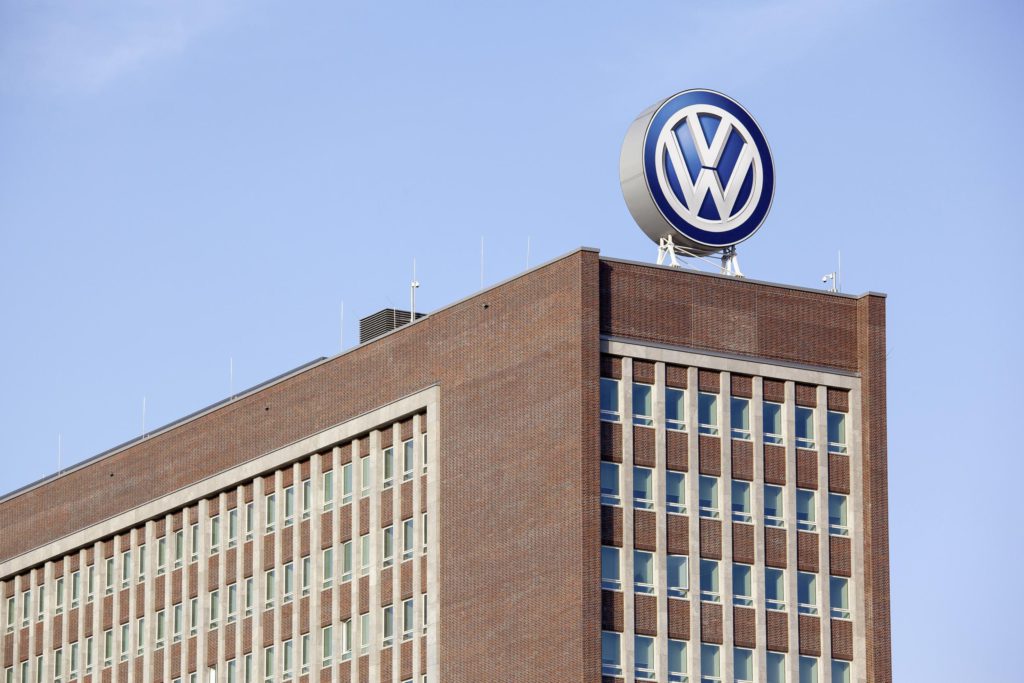VW could move Skoda production in bid to halt inter-brand competition
05 October 2017

05 October 2017
Volkswagen (VW) is considering moving production of some Skoda models to factories in Germany, in a move that could be seen as an attempt to curb competition against the group’s core brand.
VW is looking to cut jobs and reorganise its finances in an attempt to shake off the Dieselgate scandal which it became embroiled in during 2015. Part of its plan is to release around 80 electric vehicle models by 2025, and to do this it needs to redeploy funds from elsewhere in the business. However, while cutting investment allows money for research and development, it also gives rival brands an opportunity to eat into the company’s customer base.
Since its acquisition by VW Group 23 years ago, the Skoda brand has grown to become one that constantly sees good reviews through its vehicle line-up, as well as superior profitability against the core brand. The ability to combine German technology from VW with cheap labour from its factories in the Czech Republic allows Skoda to compete effectively against the German marque with more affordable vehicles.
Skoda’s operating profit more than doubled over three years to €1.2 billion in 2016, lifting its profit margin to 8.7%. The VW brand, whose margin dipped to 1.8% after earnings fell by a third, still outsells Skoda globally but is growing more slowly in Europe.
The new Skoda Kodiaq SUV is priced €1,500 below the VW Tiguan on average, yet trumped the German brand in a quality survey by Auto Motor und Sport magazine. Skoda’s Superb also drew favourable comparisons with the Passat.
Skoda’s healthy profits partly reflect the shared car platform’s economies of scale. Designed by VW engineers in Germany, MQB has been rolled out progressively since 2012. However, Skoda gets a further boost from cheaper labour. Manufacturing wages average €10.10 per hour in the Czech Republic, where most of its European cars are assembled, compared with €38.70 in German industry, according to Berlin’s official statistics office.
At a recent group executive committee meeting, VW brand CEO Herbert Diess called for greater differentiation between VW and Skoda target markets and clientele, particularly for future EVs, according to senior figures within the company. Further announcements of any plan to move Skoda production are expected at a November supervisory board meeting to approve annual budgets.
However, the move could also be a boost to VW factories, which are struggling to offset the declining output of the VW Passat and Golf models, which could lead to further job cuts. Bringing the Superb and Octavia ranges to the similarly sized production lines could boost plant efficiency, and also help increase output of Skoda models.
However, there could be an impact on the cost of vehicles on the market as a result, especially if it has to contribute more to the cost of any shared platform and development as a result of the move. The Czech company is also planning its own electric vehicle offensive, using VW’s MEB platform as a base.
In public, however, VW has played down the rivalry. With a combined line-up approaching 100 vehicles, brand CEO Diess said, there is always some risk of stepping on toes. ′There will always be some substitution,’ he told news agency Reuters. ′But some internal competition is also helpful.’
Photograph courtesy of Volkswagen